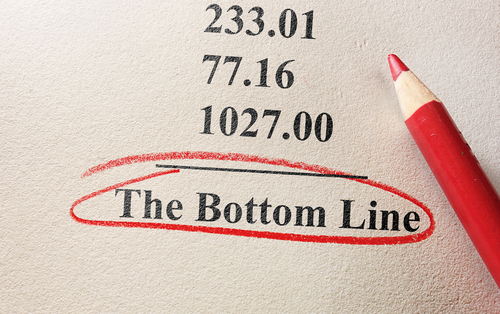Whether you’re a business owner planning to sell your company or an investor aiming to buy a prospective business, the valuation of the business often becomes a point of contention. In some cases, this disagreement can even threaten to kill a potential deal. However, a strategic tool known as “earnouts” can help overcome this impasse and move the deal forward. This approach is particularly useful when a business is going through a challenging phase that doesn’t reflect its normal performance.
This blog post aims to explain what earnouts are, how they are used, and how they can benefit both parties involved in a business transaction. So, whether you’re a seasoned business owner or a budding entrepreneur, this guide can help you navigate business acquisitions more effectively.
Understanding Earnouts
At its core, an earnout is a risk allocation tool used in mergers and acquisitions (M&A). It’s a contractual
provision that may be included in an acquisition agreement, where the seller of a business can earn additional future compensation based on the performance of the business after the sale.
Earnouts bridge the gap between the buyers’ and sellers’ perceptions of the business’s worth. They have a way to move forward with the transaction, even when there’s disagreement on the valuation of the business at the time of sale.
How Earnouts Work
Typically, an earnout agreement specifies a base payment that the buyer will pay at the time of acquisition. This amount is usually less than the seller’s initial asking price. In addition to this base payment, the agreement stipulates that the seller will receive further payments over a specified period if the business achieves certain financial targets.
The specific targets and the duration of the earnout period can vary greatly depending on the deal. Common measures include revenue, net income, or other performance metrics that reflect the health and success of the business.
The Benefits of Earnouts
Earnouts can be beneficial to both the buyer and the seller. For the buyer, it reduces the upfront cost of the acquisition and ties part of the payment to the future performance of the business. This can lower the financial risk for the buyer, particularly when purchasing a business with uncertain future earnings.
For the seller, an earnout provides an opportunity to realize a higher price for the business than the buyer was initially willing to pay. If the business performs well in the post-acquisition period, the seller can earn the additional compensation laid out in the earnout agreement.
In conclusion, earnouts can be a powerful tool in business transactions, particularly in situations where there’s a valuation disagreement. By understanding how earnouts work and their potential benefits, you can make more informed decisions when buying or selling a business.
Is now the time to sell your business?
We are always looking to help people sell their businesses. We professionally offer services with a consultative, individualized approach. For more information or to receive a complimentary consultation, click here.



